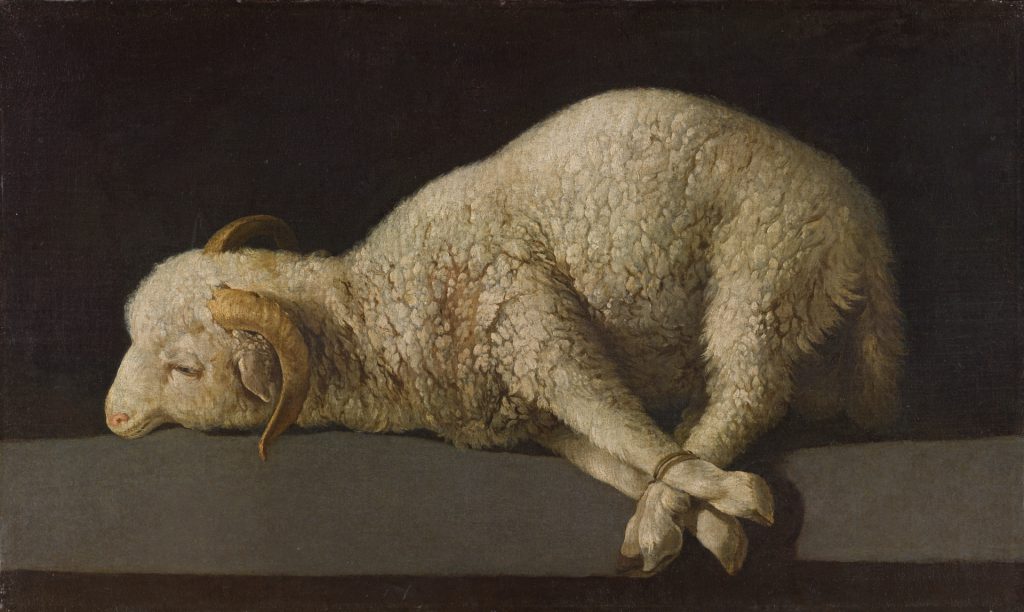
Published July 23, 2020
Most Catholics are desperately ignorant of canon law. I expect this is not news to anyone, least of all to canonists. For most of us, canon law rarely touches our daily lives – at least not in ways that are apparent to us. While most Catholics are well aware of our obligation to attend Sunday Mass or to fast on certain days or to materially support the Church according to our ability, few of us ever think of these obligations in canonical terms: they’re just things we Catholics are supposed to do.
For the most part, a Catholic can live a good and holy life without ever having a serious run-in with the Church’s legal system. And that is probably the way it ought to be.
In recent years, the Church’s handling – and mishandling – of clerical sexual abuse cases has been under particularly intense scrutiny. Virtually every aspect of the way the Church handles these cases is regulated by canon law. And yet, very few of the faithful have any clear idea of what the canonical process for handling abuse allegations actually looks like. There is no canon law equivalent of “Law & Order” to draw that picture for us.
So while we non-experts can insist on more lay involvement or lambaste bishops for failing to deal with abusive priests (often with very good reason), we usually do this from a position of ignorance about the legal system within which this all plays out. Most of us know little or nothing about how these cases are handled – from how allegations are received, to how they are investigated, to how they are handled by Rome. None of this is secret, but few of us ever get a clear, detailed explanation of how the process works.
Last week, the Congregation for the Doctrine of the Faith (CDF) issued a vademecum – a guidebook – that is meant to help bishops, and those whose job is to assist the bishop, to better understand the canonical norms governing cases involving clerical sexual of minors.
The document doesn’t change the way the Church handles these cases, but it does lay out in detail how such cases are to be handled and clarifies several issues that might be confusing – because of recent changes in canon law, because of complications posed by overlap with various civil jurisdictions, and so on.
A happy consequence of this is that we now have a guidebook, written for non-experts (or at least non-canonists), which provides a simplified explanation of how Rome expects the rest of the Church to handle allegations of clergy sexual abuse.
That such a handbook is necessary at all is, on the one hand, unsettling since it suggests continuing confusion, or at least need for serious guidance, on the part of those in the Church responsible for handling such cases. On the other hand, most bishops are not lawyers – civil lawyers or canon lawyers. They need help to get these cases right. And the vademecum shows the CDF is taking these cases seriously and wants to ensure the process is as efficient and uniform as possible. In the CDF’s words, “a standardized praxis will contribute to a better administration of justice.”
There are several parts of the vademecum that stand out. The way the Church addresses child pornography, for example, has changed significantly for the better in the past ten years. New cases now go directly to the CDF. And not just cases involving the production of child pornography, but also the “acquisition, possession (even temporary) or distribution by a cleric of pornographic images of minors.” In the past, these offenses were dealt with by other dicasteries or at the local level.
The document explains in great detail how a report of abuse is to be handled. There is a recurring theme of balancing solicitude for the alleged victim with due process for the accused. Reports must be taken seriously, whatever the source and however incomplete, but an accusation is not a demonstration of guilt and the accused have a right to their own good name. There are also clear reminders to bishops that failure to execute their duties with care – by not investigating allegations diligently, for example – could constitute canonical crimes for which the bishops themselves could face prosecution.
One item which has garnered some attention in the press is that the document instructs, but does not require, bishops to report allegations to civil authorities: “Even in cases where there is no explicit legal obligation to do so, the ecclesiastical authorities should make a report to the competent civil authorities if this is considered necessary to protect the person involved or other minors from the danger of further criminal acts.”
Here in the United States, bishops are already required to report allegations to civil authorities, but there are other jurisdictions and circumstances in which mandatory reporting might not be prudent – places where the regime is hostile to the Church or where there is widespread corruption in the legal system, for example.
The vademecum, we may hope, will be a great help to those for whom it was written, and to the Church. No doubt there are bishops around the world who are glad of it. It’s a document that brings some welcome clarity – transparency, you might even say—to an important process which has long been, to the non-expert at least, about as clear as mud.
Of course, a little more insight does not an expert make. As the vademecum points out gently, the Church still needs real experts:
This Vademecum does not claim to replace the training of practitioners of canon law, especially with regard to penal and procedural matters. Only a profound knowledge of the law and its aims can render due service to truth and justice, which are especially to be sought in matters of graviora delicta [graver crimes] by reason of the deep wounds they inflict upon ecclesial communion.
© 2020 The Catholic Thing.
Stephen P. White is executive director of The Catholic Project at The Catholic University of America and a fellow in Catholic Studies at the Ethics and Public Policy Center.











